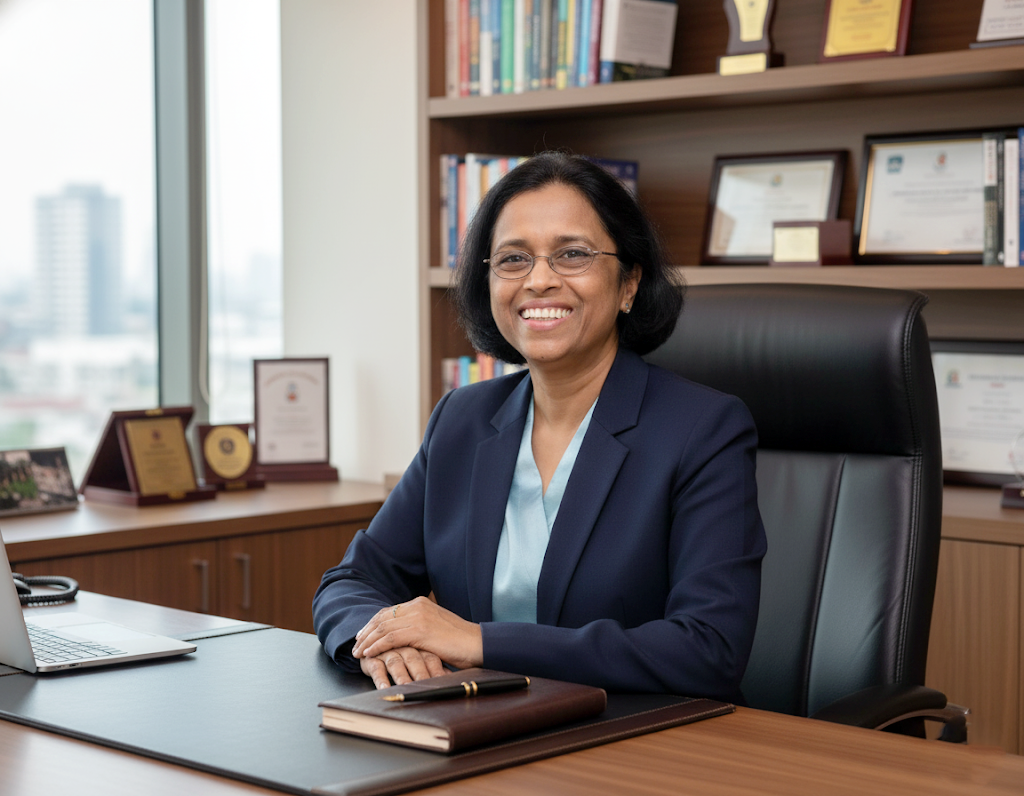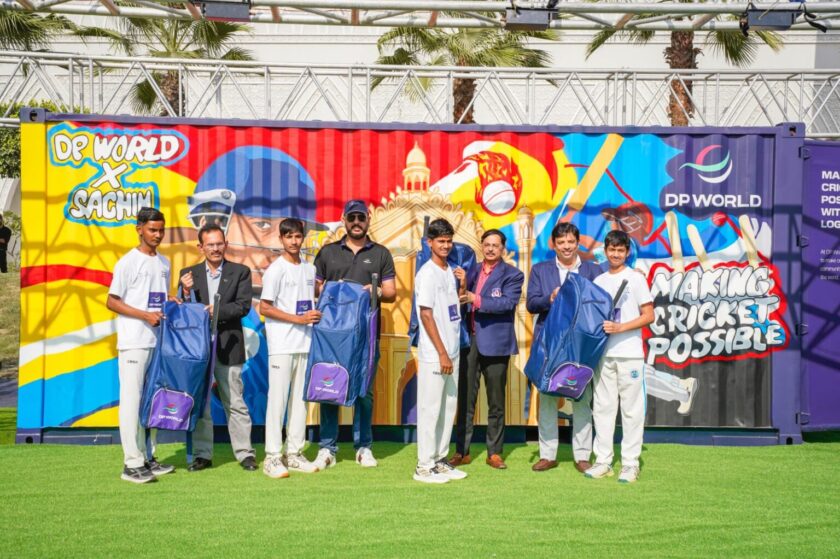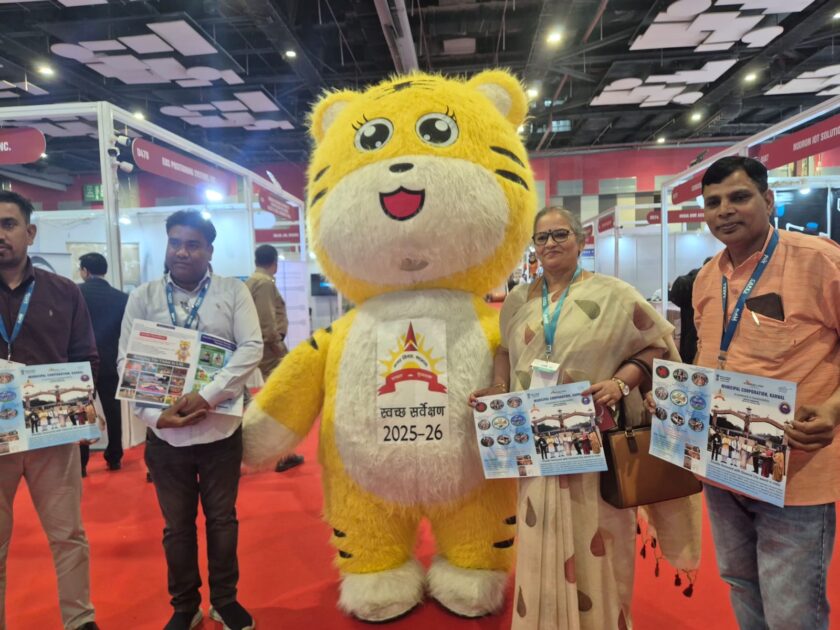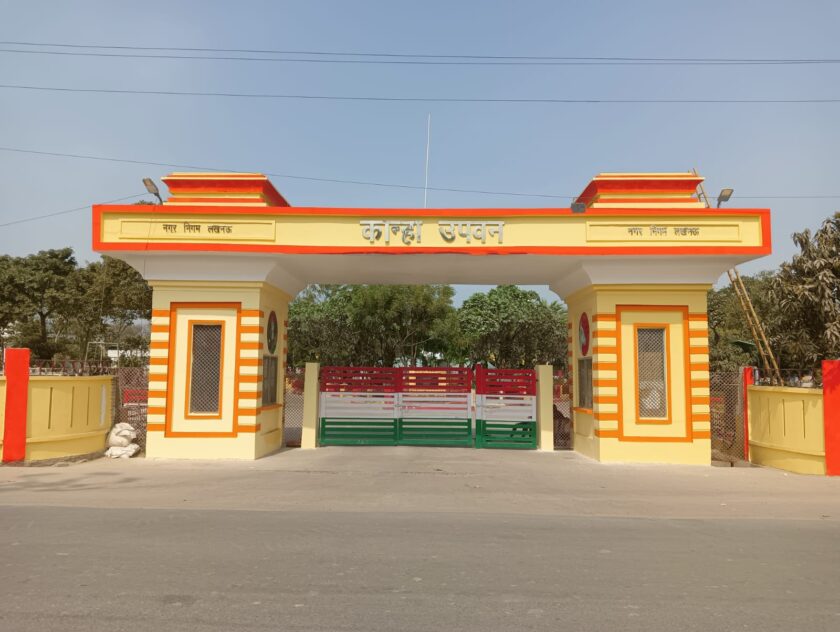Lucknow: For more than six decades, City Montessori School (CMS), Lucknow, has stood not just as the world’s largest school but as a pioneer of innovation in education. Today, at its helm is Professor Geeta Gandhi Kingdon, the Manager of CMS, who is steering the institution toward competency-based learning and holistic development. In a candid conversation, she reflects on CMS’s journey, philosophy, and achievements.
Competency-based assessments are seen as the future of education. What led CMS to introduce them early?
Kingdon: In today’s AI-driven world, facts alone are not enough. Real value lies in analyzing and applying knowledge. Long before examination boards mandated it, we realized rote learning had run its course. That’s why CMS introduced competency-based questions in grades 3 to 8 nearly four years ago, extending later to grades 9 to 12. Boards like CISCE have now followed with 10% in 2023, rising to 25% in 2025. For us, the aim was always preparing children for life, not just exams.
How did CMS prepare teachers and students for the shift?
Kingdon: There wasn’t a massive overhaul needed. Teachers had experience from junior classes and carried it forward. Training during COVID—especially in constructing multiple-choice and analytical questions—also helped. The challenge was ensuring continuity, not reinventing the wheel.
Did this impact board exam results?
Kingdon: Boards don’t report separate performance for competency-based questions, so the effect can’t be measured directly. But the alignment with the National Education Policy is clear. Our children are definitely better prepared—not just to score marks but to apply knowledge meaningfully.
This year, CMS alumnus Aditya Srivastava topped the UPSC Civil Services Exam with AIR 1. How did CMS contribute?
Kingdon: Family and personal values matter greatly, but CMS gives students a wide platform. Our comparative examinations across campuses allow children to measure themselves beyond their class or campus. This builds perspective, motivation, and resilience—crucial for competitive exams. We emphasize width and depth in learning: moving from textbook knowledge to application, interpretation, and even creation of new knowledge.
Group Captain Shubhanshu Shukla recently became the second Indian astronaut in space. How does CMS nurture such ambition?
Kingdon: The credit for this goes squarely to the vision of our founder, my revered father, Dr. Jagdish Gandhi. He was a master motivator who instilled the courage to dream big at the national and global levels. His constant call was to aim high and never stop striving. That spirit still shapes our culture—whether it’s Aditya in civil services or Shubhanshu in Space.

How does CMS balance academic rigor with qualities like resilience and ambition?
Kingdon: Ambition and rigor go together. Resilience comes from everyday practices—assemblies that impart values, exposure to arts, music, debates, and sports. Sports, especially, teach resilience: you win some, you lose some, but you play again. Music and collaborative activities build confidence and sociability. Together, these experiences create well-rounded individuals.
With so many achievements, how do you see the future of CMS?
Kingdon: CMS is a leader and trendsetter. We see ourselves as servants of our students, serving their best interests—which also means serving the nation and humanity. That involves preparing children for tomorrow’s challenges with skills, wisdom, and moral purpose. If leadership follows, it is a byproduct of doing the right thing.
Finally, what is your message for CMS students?
Kingdon: Every young person has greatness within them. Find your passion, dedicate yourself, and keep striving. Success is built day by day, year by year. One day, you will look back and marvel at your journey.
For Professor Kingdon, CMS’s mission is clear: not just to prepare students for exams, but for life. Whether producing civil servants, astronauts, or thought leaders, the school’s ethos remains rooted in striving, resilience, and service.









